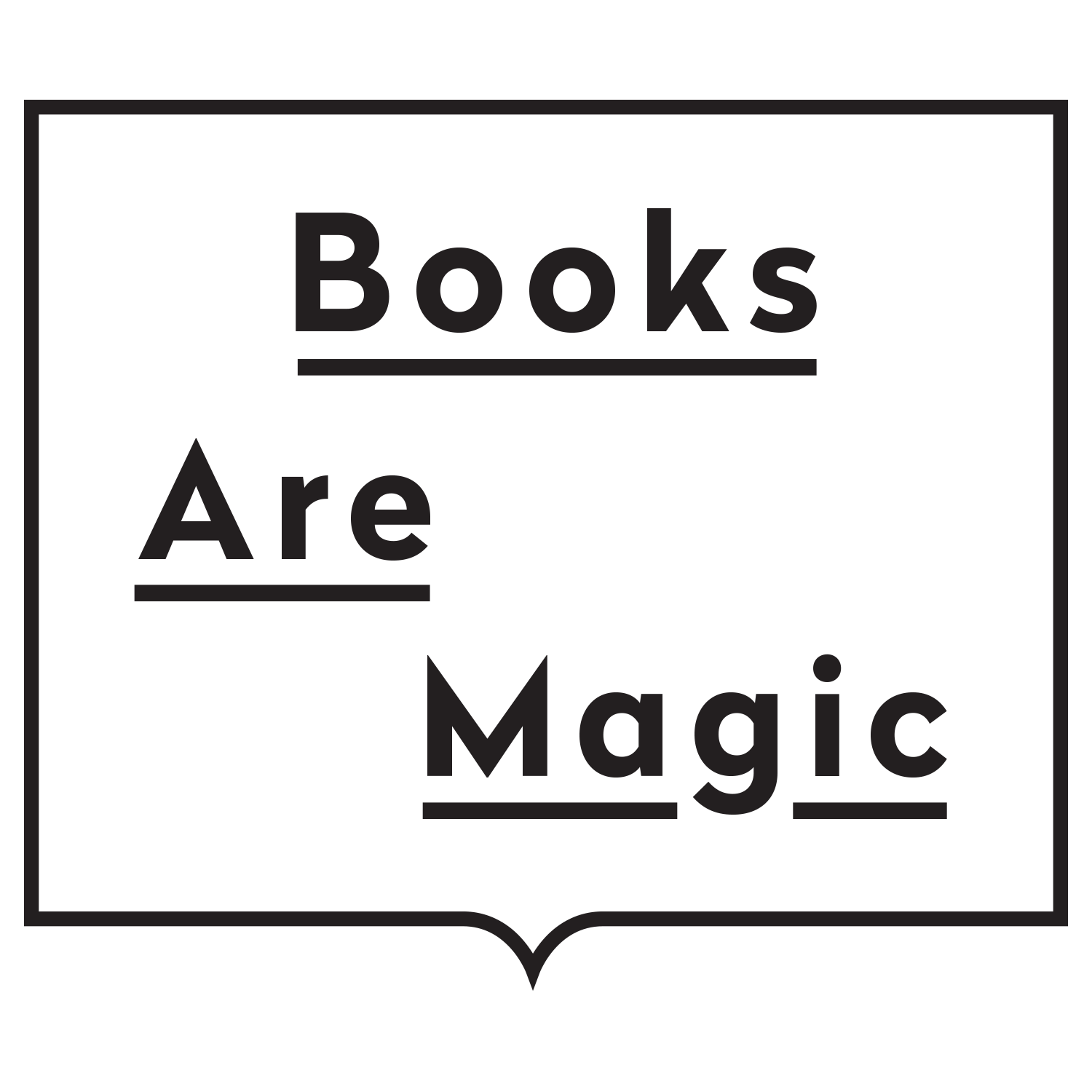Reading Between the Headlines: USA
Though nearly all news concerned with American politics in the last four years has been breaking news, the insurrection of January 6th was a particularly significant moment. It may have been a shock for some, but for many others it was just one more instance of white supremacist violence in a long history of reactionary backlash. This installment of Reading Between the Headlines presents a collection of books to help you think through the currents of American history that have contributed to the current political landscape and, hopefully, spark conversations about transformational change.
compiled by Colleen Callery, Nika Jonas, and Serena Morales
Blood Red Lines by Brendan O’Connor
For anyone looking to contextualize the events of January 6th or of the Trump years, Brendan O’Connor’s probing debut–out on Friday–is a great place to start. Blood Red Lines offers a comprehensive investigation into the historical connections between the far right, anti-immigration sentiment, white supremacy, and American capitalism, examining the ways that racism has been mobilized to protect the interests of the ruling class and ultimately enabled the entry of the alt-right into the American mainstream.
Have Black Lives Ever Mattered? by Mumia Abu-Jamal
This incisive, courageous, and rigorous collection sheds much-needed light on the failures of the justice system, racialized police violence, and the stories of those who have suffered at the hands of both. Mumia Abu-Jamal, who was himself wrongly imprisoned for most of his life, connects the police shootings of unarmed Black men with the brutal history of lynchings and white slave patrols that have shaped American policing practices from the beginning. Have Black Lives Ever Mattered? is must-read for understanding state oppression in the US and contemplating meaningful change. Toni Jensen’s powerful and lyrical memoir Carry, which probes gun violence and life as an Indigenous woman in America, provides another perspective on the persistence of the country’s dark past in the present.
Savage Conversations by LeAnne Howe
Of course, history isn’t the sole domain of nonfiction. In Savage Conversations, LeAnne Howe considers first lady Mary Todd Lincoln’s 1875 confinement to an asylum for visions of a ‘Savage Indian’ haunting her, together with Abraham Lincoln’s 1862 mass execution of thirty eight Dakota men. What results is a daring, intimate, and unsettling exploration of madness and guilt, tracing a feverish thread between the nineteenth century and contemporary reckonings with colonialism and injustice.
In the Language of My Captor by Shane McCrae & Whereas by Layli Long Soldier
If you find historical (re)imaginings particularly insightful, poet Shane McCrae’s breathtaking collection In the Language of My Captor also employs historical figures to contemplate oppression, freedom, power, and love. In Whereas, Layli Long Soldier writes into erasure and occupation–historical and extant–with a searing collection that wrests language, laying bare its intimate role in the brutalities perpetrated by the US government on Native Americans. Formally innovative and urgent, Whereas is a beautiful act of resistance and remembrance.
Mediocre by Ijeoma Oluo
Blending methodical research, cultural history and personal experience, Mediocre offers an engaging and provocative history of white male American identity. Ijeoma Oluo is the perfect guide, providing a space in which to examine the myths that have perpetuated white male supremacy and to consider the possibilities a future without it could hold. For a different take, Ben Lerner explores the relationship between toxic masculinity, the Trump right, and language in his novel, The Topeka School. Additionally, Journalist Seyward Darby’s eye-opening Sisters in Hate sheds light on the little-acknowledged role of white women in advancing political extremism and white supremacy through the lives of three women enmeshed in the white nationalist movement.
Dying of Whiteness by Jonathan M. Metzl
It can be difficult to comprehend just how much right-wing backlash is willing to harm its own supporters in the service of racist ideologies, but luckily psychiatrist Jonathan M. Metzl wrote a meticulous account chronicling the deadly repercussions of policies underpinned by racial resentment. In Dying of Whiteness, Metzl speaks to people across the country, carefully uncovering the ways policies purporting to improve white Americans’ lives in fact do the opposite. Through a combination of data, personal interviews, and psychiatric insight, this book is an important addition to political discourse and policy-making.
This list is by no means exhaustive; there are many, many books that examine and dismantle the legacies of white supremacy, colonialism, and capitalism in the US. If you’re interested in a deeper look, here are a few more books to check out:
If you’re looking for novels: Ayad Akhtar’s poetic and unflinching novel Homeland Elegies or Valeria Luiselli’s masterful portrait of childhood, family, and the dark side of the American dream in Lost Children Archive are both great options. Also look out for Kaitlyn Greenidge’s brilliant novel Libertie next month!
If you like door-stopper histories: Timothy Snyder’s penetrating analysis of contemporary authoritarianism The Road to Unfreedom places the currents of contemporary American politics in a global context, while Ibram X. Kendi’s Stamped is a decisive intellectual history of racism that also comes in young adult and child-friendly forms.
If you’re a poetry lover: C.D. Wright’s One With Others delves directly into the legacy of hate crimes with her signature experimental style, and Hafizah Geter’s haunting and lyrical debut Un-American complicates questions of belonging, migration, and identity.
If you like essays: Claudia Rankine is one of our most essential thinkers, and her brilliant collection Just Us asks difficult and necessary questions. Meanwhile, novelist Arundhati Roy’s Azadi meditates on the meaning of freedom in an increasingly hostile world.



















